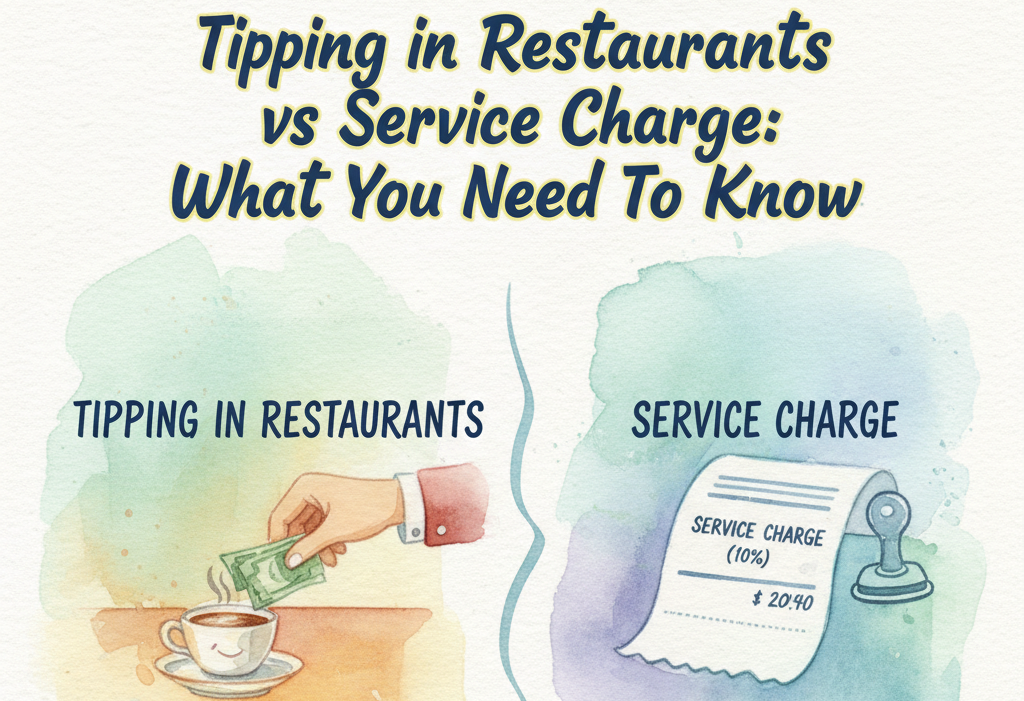While conflicts between customers and staff often bring restaurant managers into the spotlight, their role extends far beyond conflict resolution. This blog talks about the multiple responsibilities of restaurant managers. The manager’s duties are crucial for ensuring efficient and profitable restaurant operations while maintaining the restaurant’s reputation and ethos.<br/>
A restaurant manager’s success depends on a blend of professional and interpersonal skills. Restaurant managers should exhibit qualities like swift decision-making, patience, multitasking, team management, conflict resolution, and empathy. Having these qualities equips a manager to deal with a variety of challenges.
Duties and Responsibilities of a Restaurant Manager
Ensuring Customer Satisfaction
The restaurant manager plays a pivotal role in orchestrating seamless coordination between the back and front house, striving to deliver an exceptional customer experience. This involves not only managing the staff levels with precision but also ensuring that customer wait times are minimized to enhance satisfaction. The manager is adept at swiftly and professionally addressing any customer complaints or conflicts that may arise during the dining experience. Serving as the primary point of contact for service-related issues, the manager acts as a key liaison between the customers and the backhouse of the establishment, contributing to an overall positive and efficient service environment.
Optimizing Supply Chain and Infrastructure
The restaurant manager demonstrates a keen ability to optimize the supply chain by identifying and effectively managing vendors. This involves meticulous consideration of crucial factors such as credit period, rates, quality, and timely delivery to ensure a seamless and efficient procurement process. Additionally, the manager takes on the responsibility of overseeing the inventory with precision, ensuring proper itemization, counting, and timely replenishment to maintain optimal stock levels. Beyond managing the supply chain, the manager also takes charge of the restaurant’s infrastructure, supervising the maintenance, repair, and replacement of equipment. This proactive approach guarantees the smooth functioning of the restaurant’s operational assets, contributing to an overall well-maintained and efficient establishment.
Excelling in Staff Management
Exhibiting a grasp of human resource management, the restaurant manager adeptly performs a range of essential HR functions. This includes the strategic processes of hiring, where the manager meticulously selects and onboards personnel, and training, ensuring that the staff is well-equipped with the necessary skills. Additionally, the manager engages in thoughtful planning, monitoring, and evaluation of staff performance, aligning each employee with the restaurant’s core values and goals. Operating with an organizational mindset, the manager crafts weekly employee schedules, optimizing staffing levels to meet operational demands efficiently. When conflicts arise within the team, the manager steps in as a skilled mediator, swiftly and diplomatically resolving disputes among team members to create a harmonious work environment.
Planning and Executing Marketing Initiatives
In the realm of marketing, the restaurant manager assumes a key role by making important decisions on marketing platforms and designing effective campaigns to enhance the establishment’s visibility. Collaborating seamlessly with marketing teams, the manager ensures the seamless execution of promotional activities that resonate with the target audience. Both in the digital and physical domains, the manager takes charge of overseeing the marketing initiatives. This multidimensional approach reflects the manager’s commitment to creating a robust marketing presence that engages customers across various channels, ultimately contributing to the restaurant’s success and popularity.
Designing the Menu
The restaurant manager plays a pivotal role in the culinary aspect of the business by collaborating closely with the executive chef to curate a menu. This collaborative effort ensures a menu that not only satisfies the culinary expectations of the customers but also resonates with their specific tastes and desires. Beyond the creative process, the manager takes a practical approach by diligently estimating food costs and profits, contributing to strategic decision-making within the restaurant’s financial framework. Adapting to the dynamic nature of the culinary landscape, the manager remains vigilant in updating the menu when necessary, ensuring that it reflects current trends and maintains a level of novelty that fascinates the patrons. This culinary collaboration and business acumen collectively contribute to a dining experience that not only pleases the taste buds but also sustains the restaurant’s profitability.
Ensuring Health and Safety Standards
The restaurant manager plays a crucial role in upholding health and safety standards by being vigilant and ensuring compliance with guidelines issued by regulatory bodies. This involves a proactive approach to monitoring and enforcing the necessary protocols to guarantee a safe and secure environment for both customers and staff. Apart from regulatory compliance, the manager maintains cleanliness standards in both the front and back house of the restaurant. This commitment ensures not only a hygienic and favorable dining experience for customers but also contributes to the overall reputation and credibility of the restaurant. By overseeing health and safety measures, the manager plays a pivotal role in creating an atmosphere that prioritizes the well-being of all the stakeholders in the restaurant.
Managing Finances
The restaurant manager takes on a strategic financial role by implementing comprehensive financial plans and adeptly forecasting both sales and expenses. This futuristic approach enables the manager to match the restaurant’s financial trajectory with its overarching goals. The manager regularly tracks costs, providing dynamic insights required for maintaining strict cost control. To further enhance financial efficiency, the manager employs intelligent budget-control strategies, to manage the inventory efficiently and reduce. This proactive financial management ensures not only the sustainability of the restaurant’s budget but also positions the establishment for long-term financial success within the ever-changing restaurant industry.
The blog emphasizes the significance of these duties for efficient restaurant functioning, offering opening and closing checklists as additional tools to streamline operations. Success as a restaurant manager requires effective communication, swift problem-solving, and adherence to a comprehensive set of responsibilities. Overall, the manager’s role is pivotal in overseeing processes and ensuring the smooth functioning of the restaurant.



